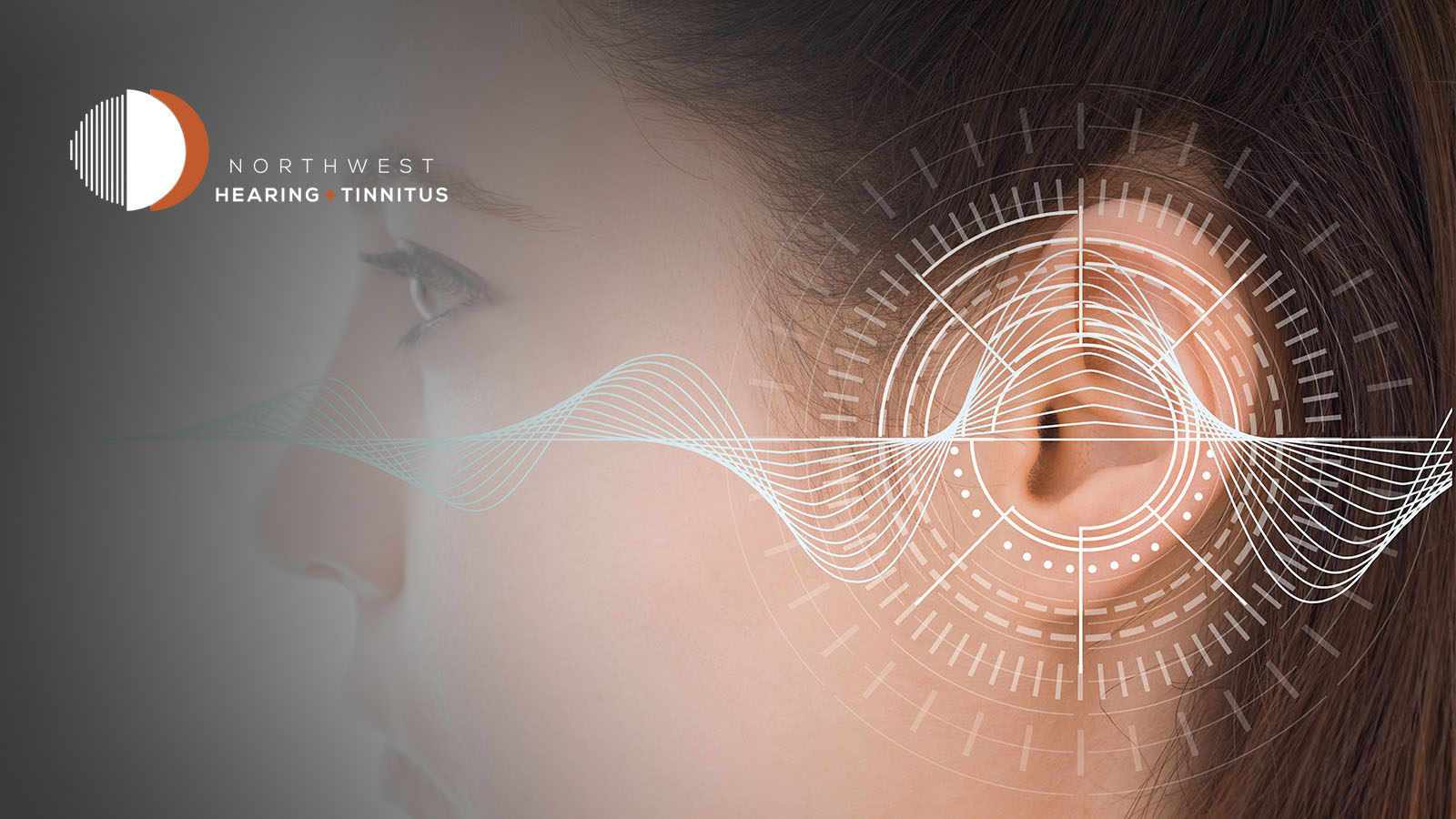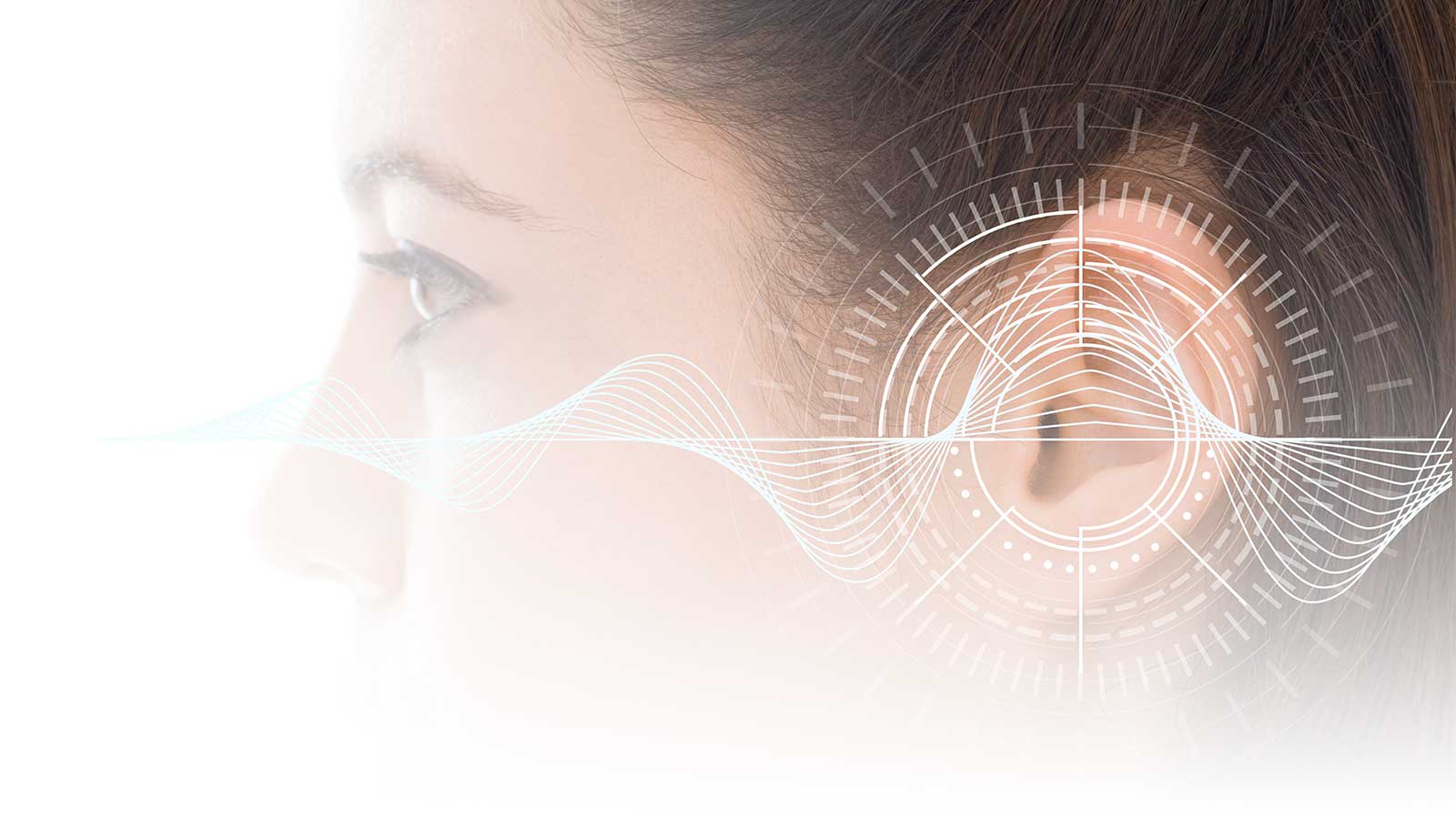Why Back to School Hearing Tests Are Important
The process of losing hearing typically happens gradually. The initial changes might be so minor that most individuals wouldn’t think anything was amiss. The majority of the time, a parent may believe that their child is acting rudely if they don’t follow instructions or that the youngster may be “testing them” since they don’t listen to often repeated instructions. These kinds of incidents can have an adverse effect on a child’s academic performance, social development, and self-esteem. But all too often, children don’t receive the hearing tests they need to identify the problem.
Recognize the Signs of Hearing Loss
Some of the signs of a child’s hearing loss include:
- Poor speech development
- Simple sentence structures
- Poor social interaction
- Below par academic performance
- Lower self-esteem
Poor Speech Development
During the kindergarten years, many adolescents’ speech is still developing. Missing a hearing test prevents the speech center from developing to its full potential.
Simple Sentence Structures
Children with hearing loss comprehend and write sentences that are shorter and simpler than those whose hearing is normal.
Poor Social Interaction
A child with hearing issues will struggle to socialize with other kids and the people around them.
Below Par Academic Performance
Young people with hearing loss have difficulties in all facets of academic success. The typical grade level performance gap between children with mild to moderate hearing loss and their counterparts who have normal hearing is one to four levels. In the absence of appropriate action.
Lower Self-Esteem
Children experiencing severe to profound hearing loss frequently describe feeling lonely, with no friends, and unhappy in school. This is particularly true when interaction with other children with hearing loss is restricted.
These are just a few of the different signs that hearing loss may cause. Knowing what to look for will help you get a good idea of whether there might be a problem. The importance of screening at a young age is increased by the fact that some of these warning signs can be more difficult to detect in younger children, than in teens or adults.

The Reason Why School Screenings Aren’t Enough
Parents frequently believe that hearing loss assessments at schools are sufficient, but this is not always the case. The standard screening, however, is extremely basic and is just a pass/fail sort of test. A child will pass if they respond at all frequencies tested in both ears and at a sound level or volume of 20 decibels (dB).
The size of the room and the sort of materials utilized in the room (such as brick, drywall, etc.) all have a role in testing at schools, even though they aim to do so in a quiet environment. The hearing test tends to be relatively brief because of the number of pupils, and the time available. Only a few tones are tested and higher frequency sounds are not measured. As a result, it is more than likely that a student with hearing loss may pass the test.
Hearing Tests Are Our Job
Instead, hearing tests in a controlled environment, such as North West Hearing in Seattle and Olympia, Washington, allows for more thorough testing and the use of the full spectrum of testing techniques to not only determine whether a child has hearing loss but also the severity and the frequencies they are missing out on. There are subtle variations of hearing loss that can only be identified using specialist tools that are often only found in an audiologist’s office.
As a result, North West Hearing’s trained audiologists in Seattle/Northgate and Olympia can offer advice on how to address the child’s hearing loss and ensure that they are fully prepared to start school.
Why Hearing Screening is Beneficial
When children are screened for hearing at a young age, it is possible to identify hearing loss that has gone undiagnosed before and take action to stop future loss and enhance learning.
According to recommendations from the American Academy of Pediatrics, hearing tests should be conducted on a regular basis:
- At school entry for all children
- At ages 6, 8, and 10
- At least once during middle school
- At least once during high school
- Any student who enrolls in a new school system without a record of a prior hearing test
There should be more frequent testing for certain children who have other known health or learning issues, speech, language, or developmental difficulties, or a family history of hearing loss at a young age.
Schedule a Back to School Hearing Test
There is never a better moment for checking your child’s hearing. Schedule an appointment at North West Hearing in Seattle and Olympia, Washington, right away!
